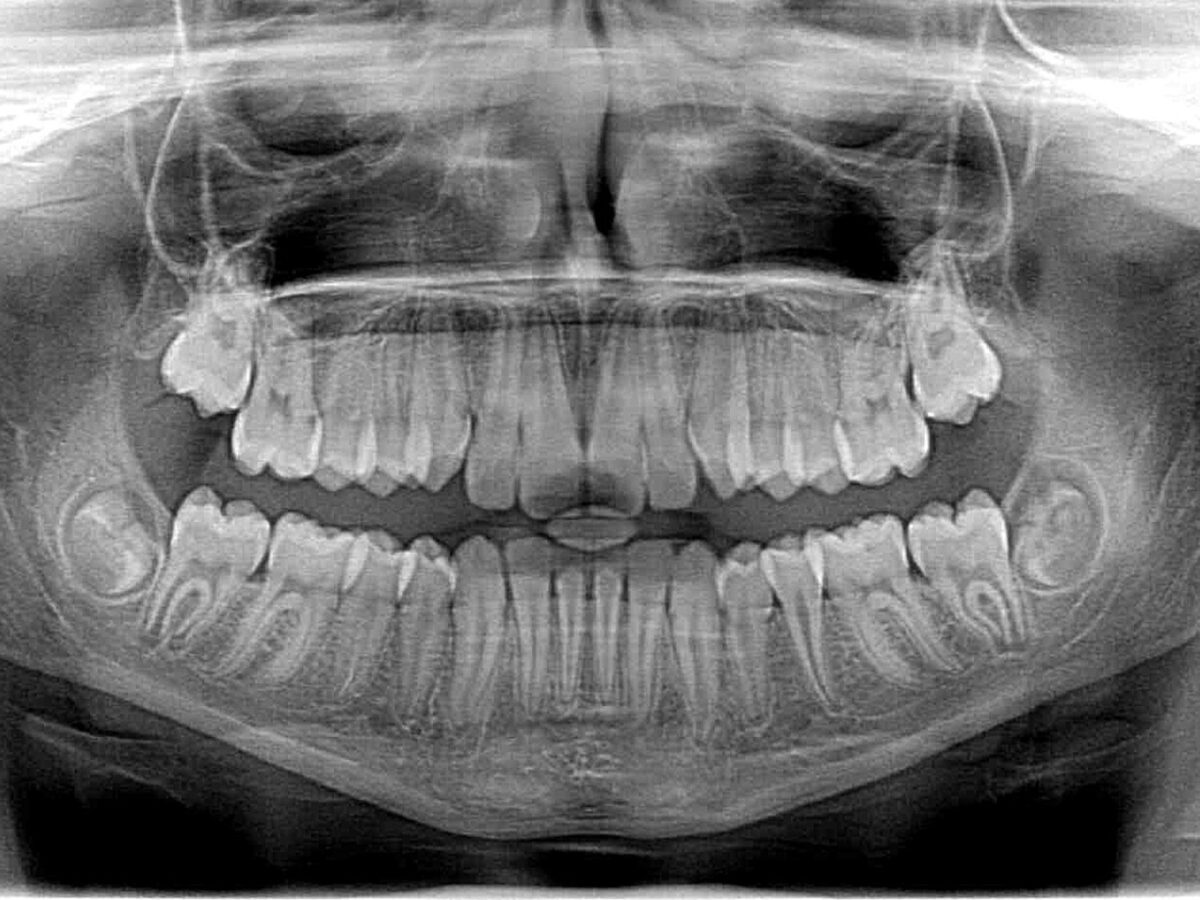Bruxism or teeth grinding can lead to some serious issues like jaw pain or a headache. Both the adults and children are affected by this. There are some cases of teeth grinding that lead to lockjaws and facial swelling. In children, parents may hear their child grinding their teeth while sleeping. This is referred to nocturnal bruxism. Some people might grind their teeth during the daytime also, especially when they are tensed or anxious.
Bruxism can be severe enough to damage teeth and fracture fillings. Bruxism does not come with any symptoms at all but if not treated well, it leaves behind damaged teeth, tension headache, jaw, and facial pain. A misaligned bite may contribute to being one of the causes of bruxism. Similarly, stress and anxiety make the nocturnal grinding worse.
What should be done to stop yourself from teeth grinding
- Your dentist might recommend the best solution based on the symptom. You might wear a mouthguard while sleeping to prevent grinding. It can be custom-fit and comes with many options that make it comfortable to wear and easy to clean.
- Look for ways to reduce stress as it is one of the contributing factors. Changes in lifestyle, counseling and an exercise regimen are all the possible solution.
- Lessen the intake of caffeine drinks like coffee and tea. Alcoholic beverages also tend to make you grind your teeth.
- Children should be advised not to chew a pencil or pen.
- Relax the face and jaw throughout if you consciously grind your teeth during the day.
- Relax your jaw during the night by holding a warm washcloth against cheeks.
Treatment for teeth grinding
Teeth grinding is observed mostly at night while sleeping. Every situation of this issue is managed differently, but a mouthguard has found to be highly useful. Other treatments discovered are dietary changes, postural modifications, medications, injections and postural therapy are also recommended.
Bruxism or teeth grinding can be managed easily. All you need is employing pain management techniques, jaw strengthening with exercises and so on that can lessen their symptoms and avoid the most of dental work.
Book Appointment to find out which treatment might be best for you.





